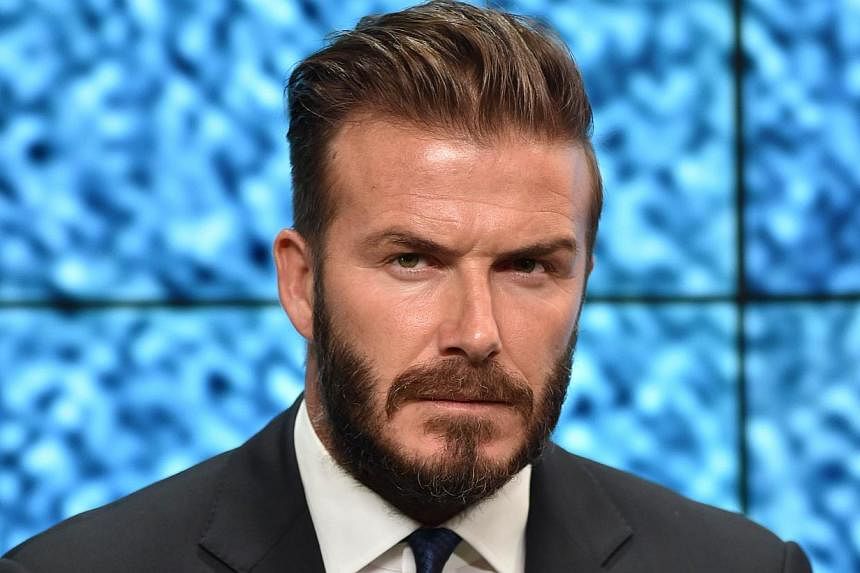MIAMI (REUTERS) - David Beckham's bid for a Major League Soccer team suffered a setback on Tuesday when the city of Miami rejected his plan to build a downtown waterfront stadium on a site next to the Miami Heat basketball arena.
Beckham's business group, Beckham Miami United, issued a statement saying city officials determined the proposed site was an "inappropriate location."
The statement said Beckham's group would "spend the coming months weighing alternatives."
Beckham has spent the last few months exploring the creation of a football franchise in Miami and stressed the importance of a downtown stadium location. It was the second waterfront site proposed by Beckham's group to run into local resistance.
The group headed by the former England, Manchester United and Real Madrid star needs to ink a stadium deal before it can win final approval for the franchise from MLS, the top professional league in the United States.
Beckham's group has agreed to finance a US$250 million (S$312.4 million) stadium with seating for 20,000 and to pay rent for the stadium, which it has sought to build on public land.
Beckham's initial preferred site for the stadium, an undeveloped plot of land near the Port of Miami, faced criticism from Royal Caribbean Cruises and others who argued the stadium would interfere with port operations.
In the statement, Beckham said the second site, sandwiched between two museums and the Heat arena, was suggested to his team by the mayors of Miami and Miami-Dade County.
"Our package was the most equitable football stadium proposal that Miami, or any other city in America, has ever seen - 100 per cent privately funded without any local taxpayers money," the statement said.

